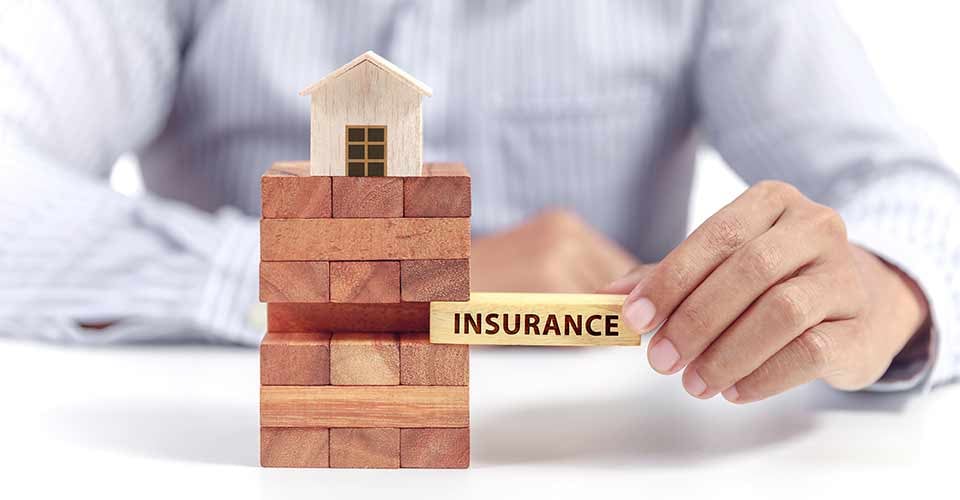What is Private Mortgage Insurance and what are the different types?
Private mortgage insurance is put into place when the buyer is not able to put down a 20% down payment on their home purchase. PMI is really for the lender’s benefit, not the buyer.
The main reason that the lender requires PMI is if you put down less than 20% on a home the lender is assuming additional risk by accepting a lower amount of upfront money, or a down payment as most people would call it.
This can all be avoided if 20% is being put down on a home purchase. PMI doesn’t prevent you from facing foreclosures or decreasing your credit score, but it does add another expense to your monthly housing payment.
There are different types of PMI, and if you go the FHA route, these loans are backed by the Federal Housing Administration and they operate a bit differently compared to conventional mortgages, which we will get into shortly.

How much does it cost and is it tax-deductible?
The average annual cost of PMI typically ranges from 0.58% to 1.86% of the original loan amount. But there are other factors involved in determining the cost of PMI, and another factor that goes into this is your credit score.
If you have a great credit score, you will get a lower PMI, but if your credit score is so-so, your PMI rate will likely be on the higher side.
Other factors involved in determining the PMI monthly payment include the side of the mortgage loan, what the down payment amount is, and the type of mortgage.
If the size of the mortgage loan is high, expect your PMI to be higher compared to a lower mortgage loan. If you were to put down a 15% down payment on a home, your PMI cost will be lower compared to someone putting down 5% on a home.
Additionally, PMI can cost more for an adjustable-rate mortgage than a fixed-rate mortgage mainly because the rate can increase on an adjustable-rate mortgage, which also means the loan is a bit riskier than a fixed-rate loan.
When can I stop paying PMI?
Many people ask, when can I stop paying PMI? It entirely depends on several factors. The best way to determine when you can stop PMI is based on what type of loan you are in.
If you are on a conventional loan, PMI will fall off once you reach 20% equity in the home. So, if you put down a 15% down payment on your home, and you only need to build 5% more equity in the home for PMI to drop off, it really will not take you long at all.
If you look at someone who is putting down 5%, it will take them several years for PMI to drop off, but it also depends on the size of the mortgage loan.
If you are in an FHA loan, PMI will be there for the life of the loan, as these loans are backed by the Federal Housing Administration.
Not only do you have private mortgage insurance for the life of the loan, you also have a Mortgage Insurance Premium (MIP), which is tacked on to the back-end of your loan.
So, it is difficult for us to tell people when PMI will drop off because sometimes it can drop off much quicker depending on the down payment amount, but it can also stay on for the life of the loan, which is dependent on what loan program you are in.
Conclusion
One thing that I’ve realized about being in this industry is many homebuyers only think about the mortgage payment, taxes, and homeowners’ insurance when calculating their estimated monthly mortgage payments, however, many do not know that PMI is even a thing until they get into the home buying process and plan on putting less than 20% down.
My best advice for people looking to purchase a home in the next couple of years is to do as much research as you can so you know what to expect when purchasing a home.
Having another monthly payment that you are not aware of when you get into the process can really throw your plans off!
With over 50 years of mortgage industry experience, we are here to help you achieve the American dream of owning a home. We strive to provide the best education before, during, and after you buy a home. Our advice is based on experience with Phil Ganz and Team closing over One billion dollars and helping countless families.


 By
By  Edited by
Edited by 








